The Big CBD Scandal - Miracle-Cure Or Marketing Scam?
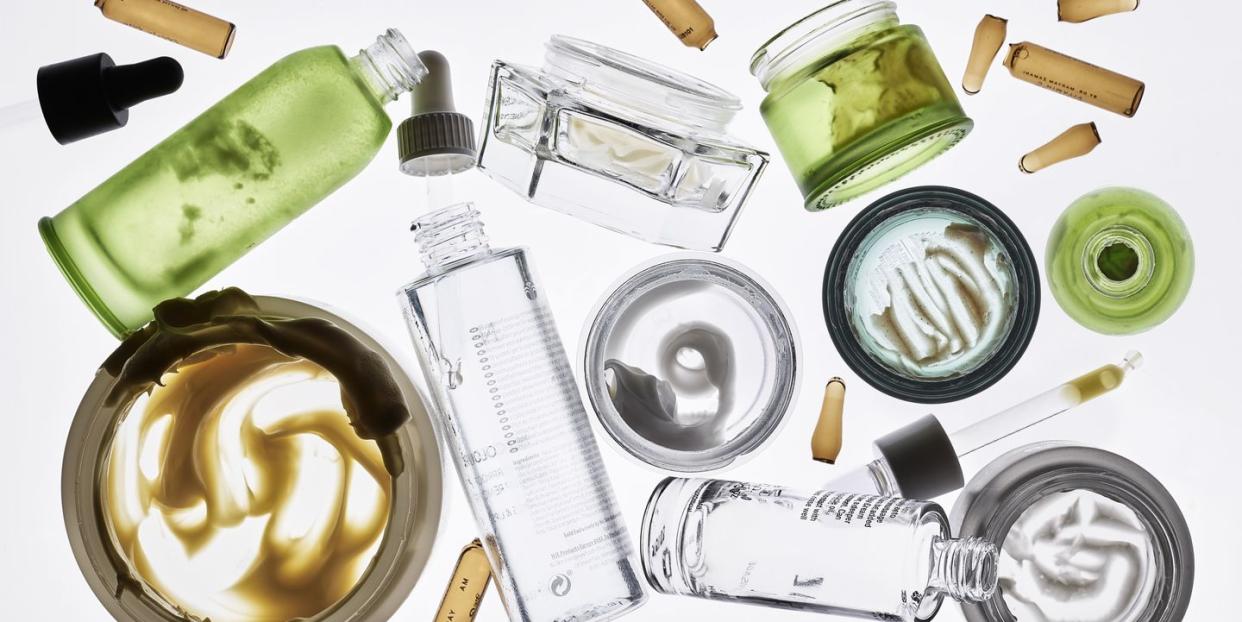
Olivia Foster turned to CBD, almost as a last resort. It was 2019 and she had been feeling wired and anxious for years. She’d tried prescription medication, but it gave her issues with her sleep. Therapy helped, but it wasn’t enough. Then friends mentioned CBD, otherwise know as cannabidiol – a chemical derived from marijuana. It was said to ‘take the edge off’ without inducing the stoned ‘high’ that cannabis gives. ‘Everyone was waxing lyrical about it,’ says the 31-year-old producer from London. ‘So I bought a 250mg dropper from an online pharmacy.’
She dutifully followed the product’s instructions to dose with a couple of drops under the tongue before bed. ‘At first, I felt nothing,’ Olivia explains. ‘But when I went to sleep I had terrifying lucid dreams about being attacked.’ She suspected there was a correlation between taking CBD oil and the nightmarish, almost hallucinogenic dreams she was having, but friends reassured her there was ‘nothing to worry about with CBD’. Eventually, exhausted and even more anxious than before, she stopped taking the oil. Within a week, her night terrors were over.
Olivia is one of a growing number of people to have fallen out of love with a product the rest of the world is furiously obsessed with. Since hitting high-street shops in 2018, cannabidiol (CBD) has been heralded as a panacea for everything from chronic pain, disrupted sleep and anxiety to eczema, acne and arthritis. Available in differing strengths, you can add a shot to coffee or juice, find it in nail polish (yes, seriously), bathe in it, use it as a sexual lubricant, buy tampons infused with it… It’s even added to dog treats for any anxious pooches out there.
Derived from the flowers of the cannabis sativa plant, CBD products are legal in the UK when they contain less than 0.2% of the compound tetrahydrocannabinol (THC) – the part of the plant that causes users to feel ‘high’. This means legal CBD is meant to have no psychoactive effects. ‘CBD is a cannabinoid, which is a type of molecule that interacts with our own endocannabinoid system in our bodies and our brains,’ says Dr Dani Gordon, an integrative medical doctor who works with traditional medicine and alternative therapies and is an expert in administering CBD. ‘Because there are receptors for cannabinoids in almost all organs and tissues in our body – not to mention throughout the brain and nervous system – CBD can provide anti-anxiety, anti-stress, anti-inflammatory and immunesystem-boosting effects, to name just a few.’
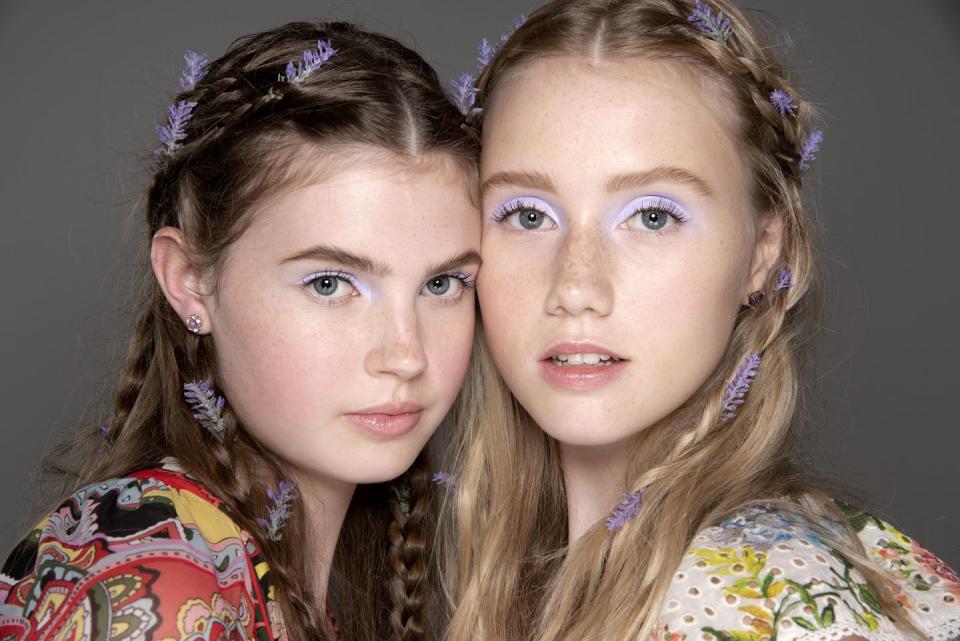
At first glance, the science seems to make sense. In these self-obsessed days of health and wellness, the chemical’s claims of ‘fixing’ the numerous non-specific maladies many feel are ignored by the modern medical establishment – problem skin, insomnia, anxiety, stress, PMS and chronic pain – are more than just attractive, they’re miraculous. When women in particular feel their worries are usually dismissed by doctors, why bother pursuing conventional treatment, when there’s a ‘natural’ product available on the high street claiming to cure your ills?
And CBD is undoubtedly cool. The oil’s celebrity fans are legion: Jennifer Aniston ‘swears’ by CBD to relieve pain, stress and anxiety. Kim Kardashian-West threw herself a CBD baby shower in April 2019, where guests could partake at the CBD bar to blend their own oils or make bath salts. And Olivia Wilde, Alessandra Ambrosio and Gwyneth Paltrow are all on board, with the latter’s lifestyle brand Goop having partnered with hip Californian cannabis dispensary MedMen on a curated line of products.
As well as having big hype, CBD is big business. Lured by the all-natural, side-effect-free publicity and its brilliant branding and easy availability, cannabidiol based products have been jumped upon by the turmeric latte/ avocado on toast-loving wellness crowd. It follows then, that between 2017 and 2018, the number of British users doubled to 250,000.* And by 2024, the cannabidiol ‘industry’ is forecast to be worth a staggering $2.3billion, so says QY Research, author of a report on the sector.
But in February this year, the Food Standards Agency (FSA – the government department responsible for protecting public health in relation to food) announced products will have to be registered for testing with the body by March 2021, or they will be removed from sale over safety concerns. Their concerns are multifaceted. First, testing by the Committee on Toxicity of Chemicals in Food, Consumer Products and the Environment (COT) has found evidence of ‘potential adverse health effects’ from CBD (more on that later) and the FSA has concerns over CBD products being sold that contain unlisted and possibly even hazardous ingredients, or illegal levels of psychoactive THC. At the other extreme, some products contained little or none of the extract at all, despite their claims and high prices.
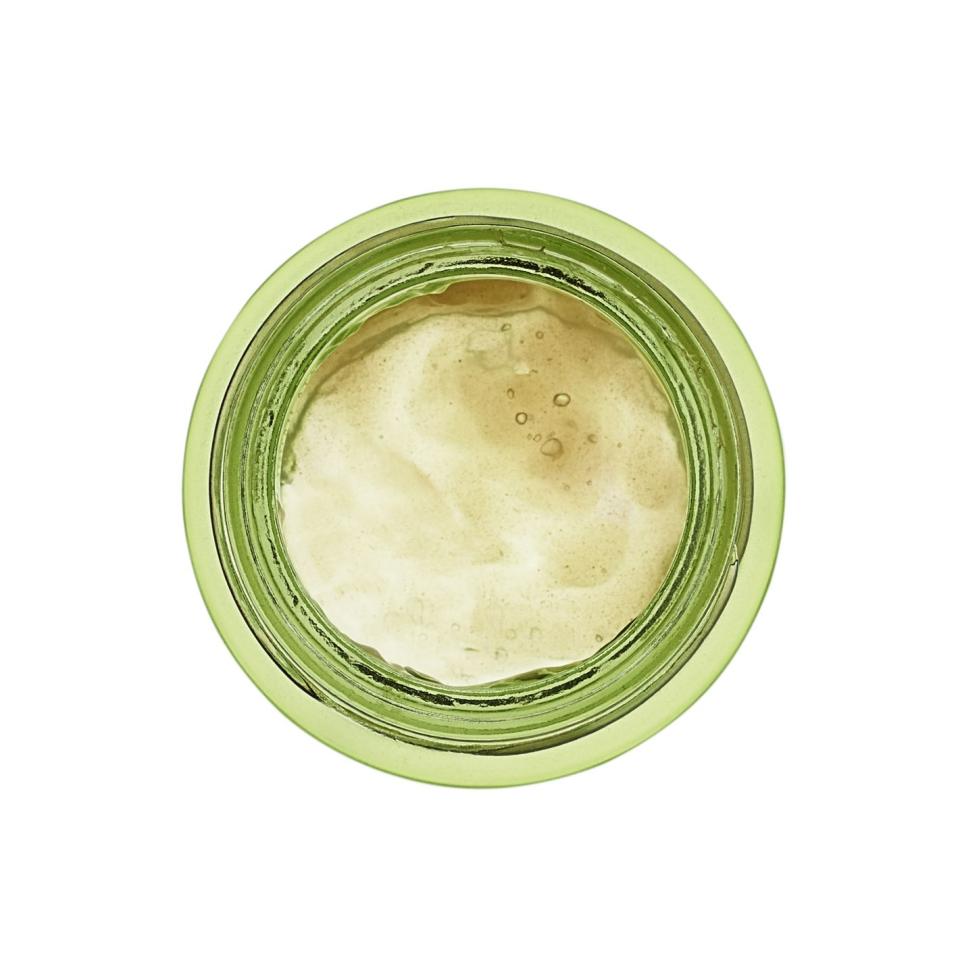
At the time of writing, not one UK-based CBD product has FSA approval and brands were reportedly being ‘slow’ at voluntarily coming forward – hence the 2021 deadline. Regulations in the US are no more clear, with each state having its own law on the legality and regulation of CBD.
As Olivia Foster’s experience shows, without rigorous testing and universal standards, it’s hard for us to know what we are buying. And as no clinical trials have been done on consumer grade CBD, any claims made about a product’s benefits are not backed by evidence, just the anecdotal opinion of the unverified– and often biased – user. Remember the hype around weight loss coffee, detox tea and jade eggs for your vagina? All of these ‘trends’ thrive thanks to the echo-chamber effect of social media where glowing reviews are plentiful.
Social media played a huge role in 29-year-old Brighton-based photographer Bella Richards’ decision to turn to CBD for help with her PMS symptoms. ‘I have used quite a few expensive CBD products to try and help with my painful periods,’ she says. ‘I’ve tried an oil you rub directly on your stomach, bath bombs and a tincture under the tongue. I can honestly – and sadly – say the only difference I noticed was to my bank balance.’ Professor Gino Martini, the Royal Pharmaceutical Society’s Chief Scientist and Professor of Pharmaceutical Innovation at King’s College London, says it is important to remember that correctly formulated high-street CBD is of a very low strength; so low that it is classed a food supplement rather than a medicine, meaning it is unlikely that the pharmaceutical industry will ever do clinical trials on it. ‘To be medically effective, the cannabidiol shown in clinical trials – for example, to help children with rare forms of epilepsy – is given at much higher concentrations than what’s available for the public to buy,’ he says.
But nor can you be assured that the very worst that CBD products can be is ineffective. The FSA recently issued new advice on CBD, saying it shouldn’t be used alongside other medication or by people who are pregnant or breastfeeding. And it went further, asking healthy adults ‘to think carefully before taking these products and to keep daily intake at or below 70mg (about 28 drops of 5% CBD) unless otherwise advised by a healthcare professional’.
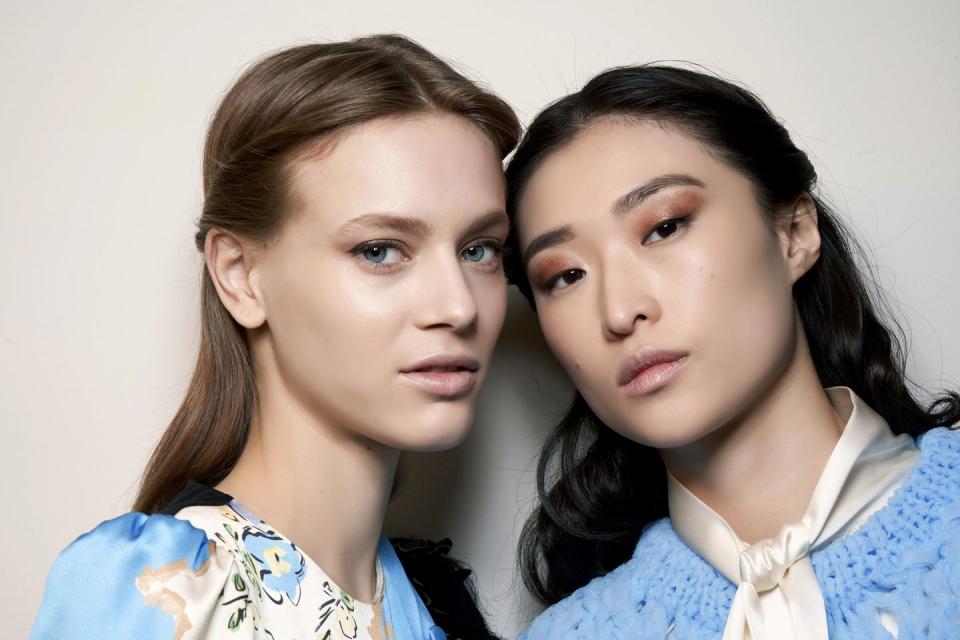
‘Check with your GP or pharmacist before taking it,’ says Angelina Nizzardi, who runs Green Goddess, an online health and wellness shop that stocks CBD products. ‘There’s a specific enzyme system in your liver that metabolises medication. Around 65 to 70% of prescription medications use that system, but CBD inhibits it, meaning you could end up with too much or too little medication in your body.’
Another factor to consider is that CBD destabilises when it’s exposed to light or oxygen – Forbes magazine reported that CBD added to water and sold in clear bottles could actually turn out to be harmful. ‘Cannabinoids are susceptible to degradation and specifically oxidisation, which is very concerning,’ said Aras Azadian, CEO of Avicanna – a biopharmaceutical company that works with medical cannabis. ‘Some of those degradants are toxic.’
If you’re still keen on CBD, how can you know what you’re buying is good quality? Ensure your product is sold in a dark, opaque container and store it upright, away from light, in a place with a stable temperature. For Amelia Baerlein, co-founder and CEO of luxury CBD producer Apothem Labs, it comes down to having the confidence to question a brand. ‘We suggest thoroughly researching the company you’re buying CBD from, reach out to their customer service and ask for their certificate of analysis for the current batch,’ she says. ‘If they can’t provide it, don’t buy from them.’
‘Individuals should do their homework about products that might be suitable for them,’ adds Kim Smith, founder of CBD company Kloris. ‘Any reputable brand should publish independent test results for their products so consumers can be reassured that the product delivers what they’re paying for.’
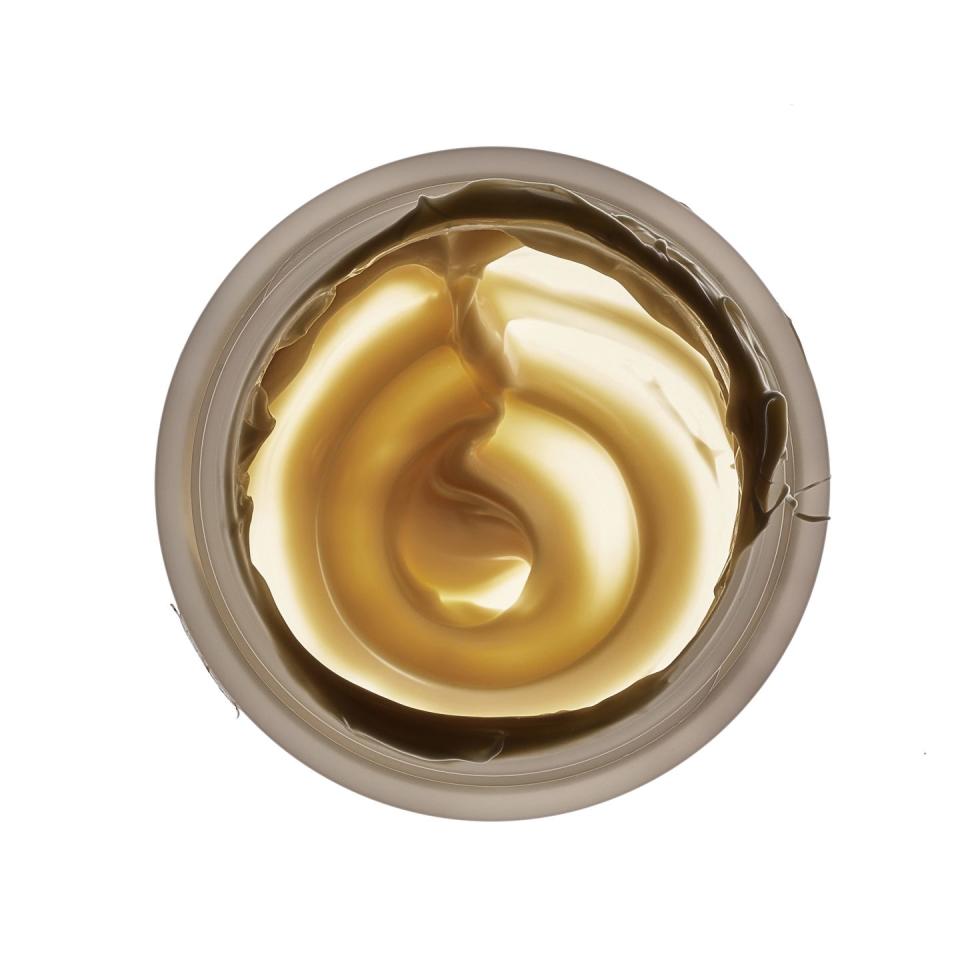
There is, however, one arena in which CBD does have scientifically proven results: skincare. A 2014 study found that CBD has antibiotic properties, helps to regulate oil production in the skin and suppresses breakouts for acne sufferers. Other researchers found that the soothing and anti-inflammatory features of CBD oil meant it could also be useful in anti ageing products and for those with dry skin conditions or eczema, as highlighted in The Journal of Clinical Investigation in 2014, which found that CBD inhibited the skin’s ability to produce oil and had anti-inflammatory effects on oil-producing glands. So, if you want a way of enjoying the proven benefits of CBD, look for ways to add it into your beauty routine.
Better still, wait until next year when the FSA will have completed its independent verification of what’s out there. ‘The messaging hails it as a wonder product,’ says Olivia Foster. ‘When you try to research it, everything is so overwhelmingly positive you’re made to feel mad for questioning it.’ But perhaps questioning CBD is the sanest thing of all that you can do.
*Cannabis Trades Association.
You Might Also Like

 Yahoo News
Yahoo News 
